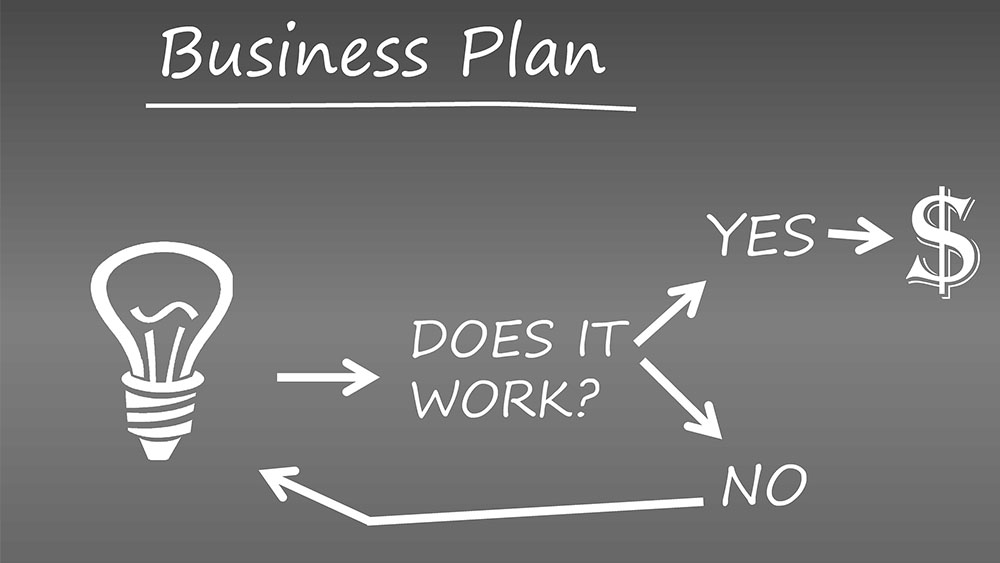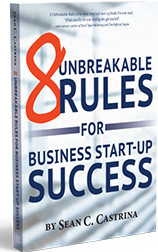Today marks our 200th Episode! Thank you to everyone who has listened to the podcast and has subscribed and left a rating. It means so much!
I’m always excited about anything to do with business.
It’s funny because I’m supposed to be passionate about my individual businesses. And if you’ve been on my podcast you kinda know how I feel about that.
I don’t get passionate about the individual business like what it does. I’m passionate about business in general. I’m passionate about putting together the team. I’m passionate about execution. I’m passionate about meeting customers’ needs and figuring out what they’re going to want three years from now.
That’s why I love doing this podcast and I love sharing this stuff with you.
Why a Business Plan?
One of the biggest questions I get is:
Why a business plan?
And
Why would you not want to start a business until you have a business plan?
And
How long should this business plan be?
Well, a business plan should provide you the confidence that your business idea is viable. Picture a military getting ready. They’re going to declare war or make an attack or whatever the case may be. They put together a plan to see whether they should declare war or not, where, what is the target, whether can they get out of the war. Is there an exit strategy? That’s what a business plan does. It gives you, the startup founder, your partners, investors if you have them, the confidence that yes, looking at all the information in front of us this is a viable idea. This is where you put your business idea to the test.
You want to know so this business idea is profitable. You want to validate this business idea. Here’s a couple of the components.
Why Will Customers Buy From You What You Are Selling?
Are you solving a problem or are you filling a need? Are you meeting a desire or a demand? I want a huge ocean of fish ready to jump on the hook. I’m not looking for the real rare fish. Sometimes for a certain product, the market is just too narrow.
What Will I Need to Launch the Business?
Do I need licenses? What level of expertise? How many employees would it take to open the doors, close the doors, operate everything? Will I need manufacturing and who will be doing that?
That’s where you kind of look at it on paper and you’re like, “Wow this business could need a lot more than I thought.” I’ve done that before where I was excited about a business and then I started putting on paper and was like, “Wow that’s more expensive than I though. I didn’t realize it costs that we need storage for that.”
What Will It Cost?
Once I see what I need to launch the business, it creates this next question, what will it cost?
Make the big list of everything you’re going to need.
I wanted to create a certain business and there was a landscaping tool I would need called a trencher. I guess you don’t have to necessarily use that tool, but I remember I was proposed there were two things that I needed to buy one was $50k and another was going to be even more than that. One of them, I was going to need to buy a dump truck that we wouldn’t even use that much. It was way more than I was willing to put in for the amount of profit I felt like this business could make. I thought it was a good ancillary part of one of our businesses but when I put it all on paper, I was like, no, I don’t like how much is going to cost for me to get in this. And then I didn’t like what it was going to cost to sustain to keep it operating.
Remember the Alliance of American football. It folded up last year. Why did they close down? Because they didn’t properly account for the cost to run the league and they were out of business within a year.
So you have your launch cost and then you have your sustaining costs. You need to know these before you go into business.
Why Is This a Good Business Idea?
Is the profit margin enough to make it worth it?
This is another reason why I’ve not gone through with certain businesses. When I looked at the margins, they weren’t appealing.
I love service companies. The margins on advertising are incredible. I love the margin in the service business because we’re very high-end and we have a nice niche. It’s very boutique and we have eight different companies in an incredible area where people have tons of money. Our margins are fantastic. I can make typically a minimum, three to three-and-a-half times what it cost me to put somebody at someone’s home for an hour on any one of our vast amount of services.
I love that three-to-one. I want huge margins. I like service businesses where I’m getting $85 to $125 an hour per person. That also allows me to hire a super skilled person. It gets us out of the Craigslist end of the clientele to a much higher-end of clientele. We run Super Bowl ads, for crying out loud.
This business plan needs to give you your investors and your partner’s confidence that you have a good business idea. Answer these four questions I gave you. It needs to be brief and nimble because it’s going to change.
A business plan is not the Constitution or the Declaration of Independence. You could write this on one or two pages because it will change. It will not look anything like which you thought two years from now, so I don’t like 50 page business plans. Make simple projections. All you want to do is get your business up initially. You want to get a pulse.
Creating a start-up is trying to get a pulse.
That’s why you do a business plan.


